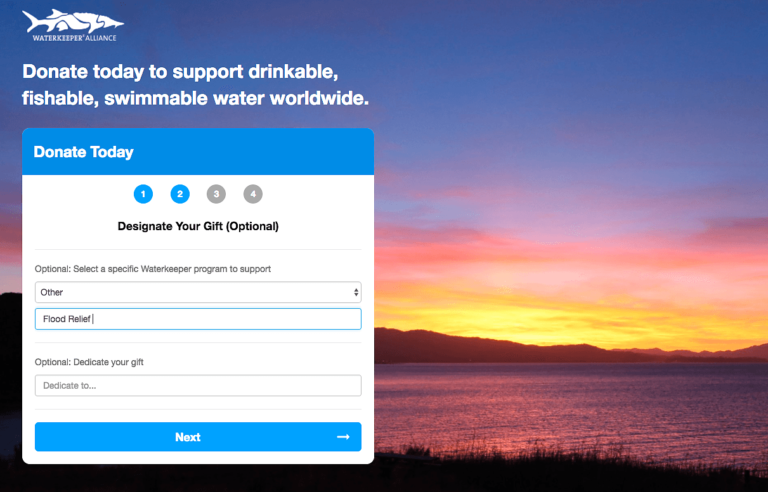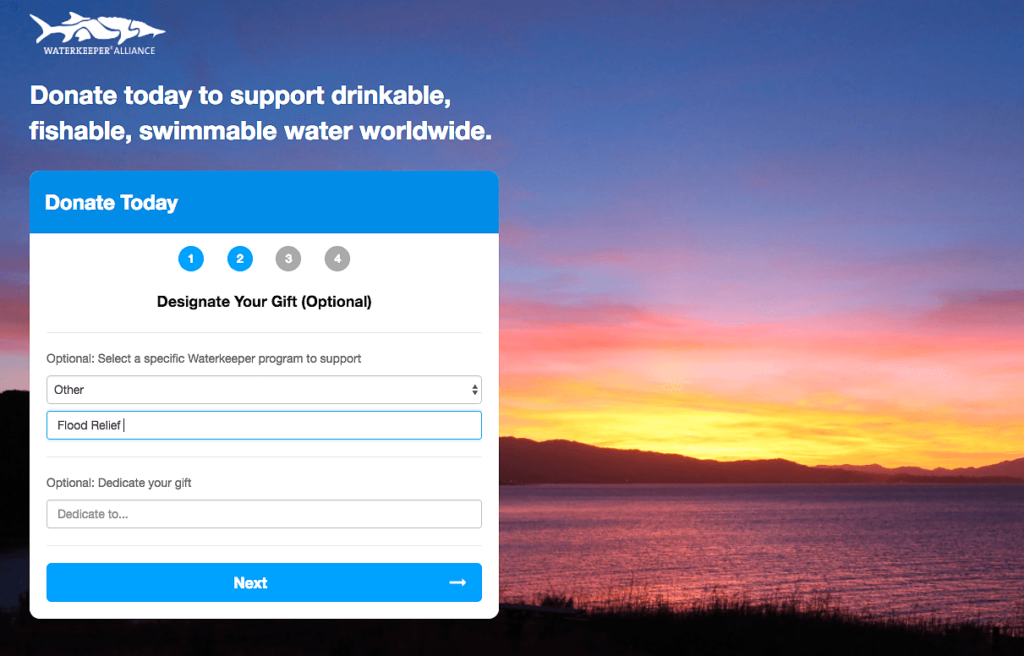
2017 will be remembered as a year of intense flooding. Many reading this will think of the horrific devastation Hurricane Harvey wreaked on the city of Houston, Texas, and surrounding areas. Harvey is taking lives, forever altering livelihoods, and destroying billions of dollars of property. A number of key factors contributed to this destruction: misguided engineering plans that intended to demonstrate man’s dominion over nature, Houston’s perverse pride in lacking any meaningful zoning, vast swaths of pavement over former wetlands and prairies, and more. In other words, human decisions have been key contributors to this devastation.
Houston isn’t alone in 2017. Tremendous expanses of South Asia have suffered far greater damage from floods this summer. It is widely reported that storms have taken the lives of at least 1,200 people in Bangladesh, India, and Nepal. Approximately 2 million children are unable to attend school and the floods have impacted roughly 40 million people. In many of these places, flooding is expected during this time of year; it is monsoon season after all. However, the extent of the flooding and devastation this year is widely considered unprecedented.
Similar to Houston, much of the destruction was exacerbated by inappropriate construction along coasts and in floodplains, increased amounts of pavement, and extraordinary amounts of plastic pollution in rivers and storm systems. In addition to taking lives and destroying property, these floods are and will make people sick. Stormwater runoff in floods regularly contaminates drinking water.
South Asia and Texas floods have another thing in common — climate change. The recipe for flooding is simple: record global temperatures have caused our oceans to warm, making them evaporate more quickly and adding more water vapor to the air. This results in storms with greater energy and more water to drop onto our communities. While the amount to which climate change exacerbated Harvey and the flooding in South Asia may be debated, it is clear that storms continue to intensify as we continue to shatter world global temperatures.
Climate change is transforming the chemistry of our oceans, the character of our coastlines, and the timing and intensity of rain and snow, leading to dramatic changes around the world. Worse, climate change is making us sick and killing us. The fossil fuel merchants of death know that their reign is ending; that is why they keep pouring money into campaigns to elect puppets like President Trump. They continue to inject doubt into the science of climate change, squeeze out every last drop of oil, and make every last penny they can get their greedy hands on.
It is only a matter of time before clean and safe renewable energy prevails, but will it be too late? And how many of us will be unaffected by climate change to enjoy it? We know we can’t count on “leaders” like President Trump to lead us to a brighter future — not only because he is a climate denier, but also because he recently issued an Executive Order removing the requirement that federal infrastructure projects take into account future risks of flooding and sea level rise. We need to put greater focus on supporting local leadership and grassroots community organizations to lead the way to a clean energy future and to ensure our communities are prepared for the types of storms and drought that are too late to stop. As noted by our Bayou City Waterkeeper in Texas: “We have concentrated hazardous facilities in an area at risk for the most extreme weather events the country experiences. Most prepare for a 100-year storm event. Here in Houston, Harvey is the 4th 500-year event in 3 years. With climate change, this may be the new normal. We need to prepare for this new reality.”
You can help support our Waterkeeper Organizations and Affiliates in Bangladesh, India, Nepal, and Texas by donating here. Please make sure to designate your donation as “Other – Flood Relief,” as shown below, to ensure it reaches the appropriate organizations.
Lead Photo: UNICEF Nepal/ NShrestha